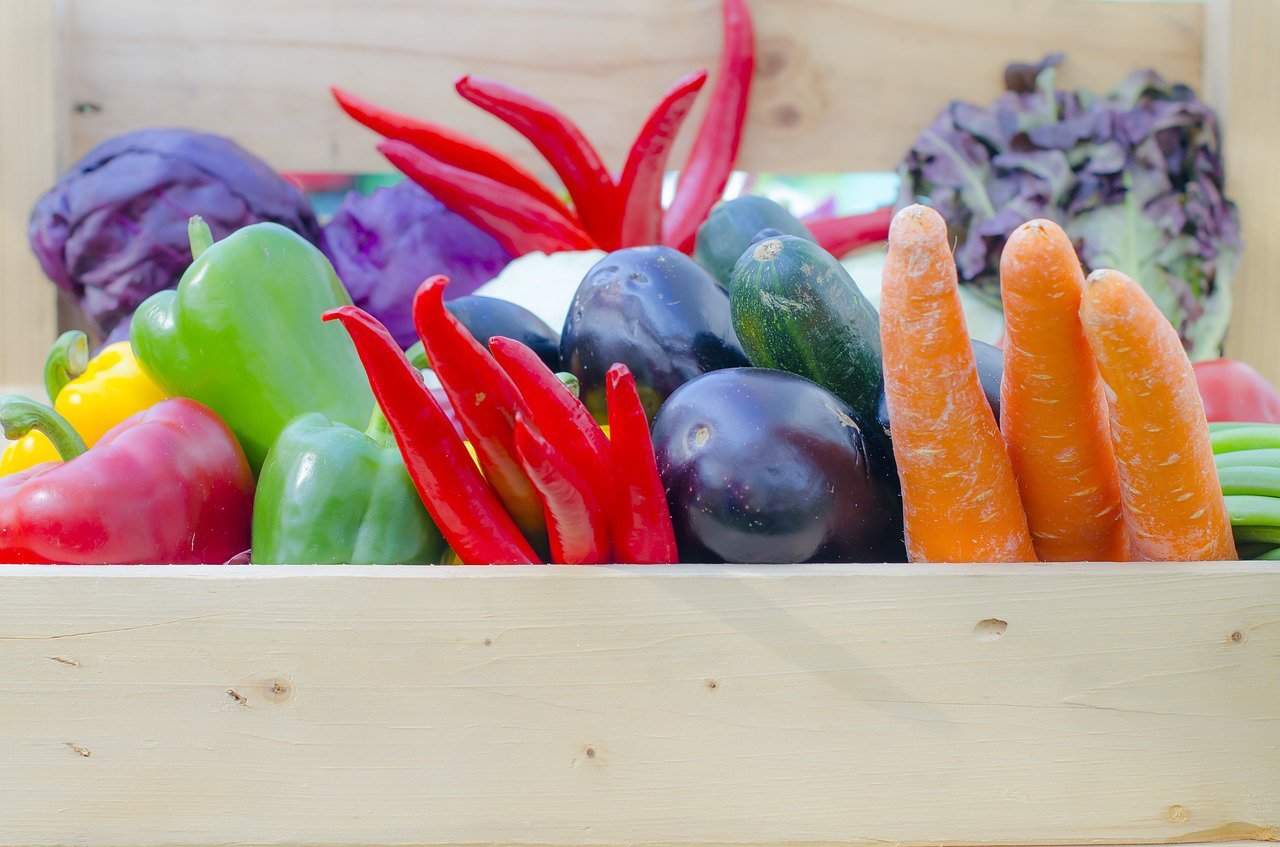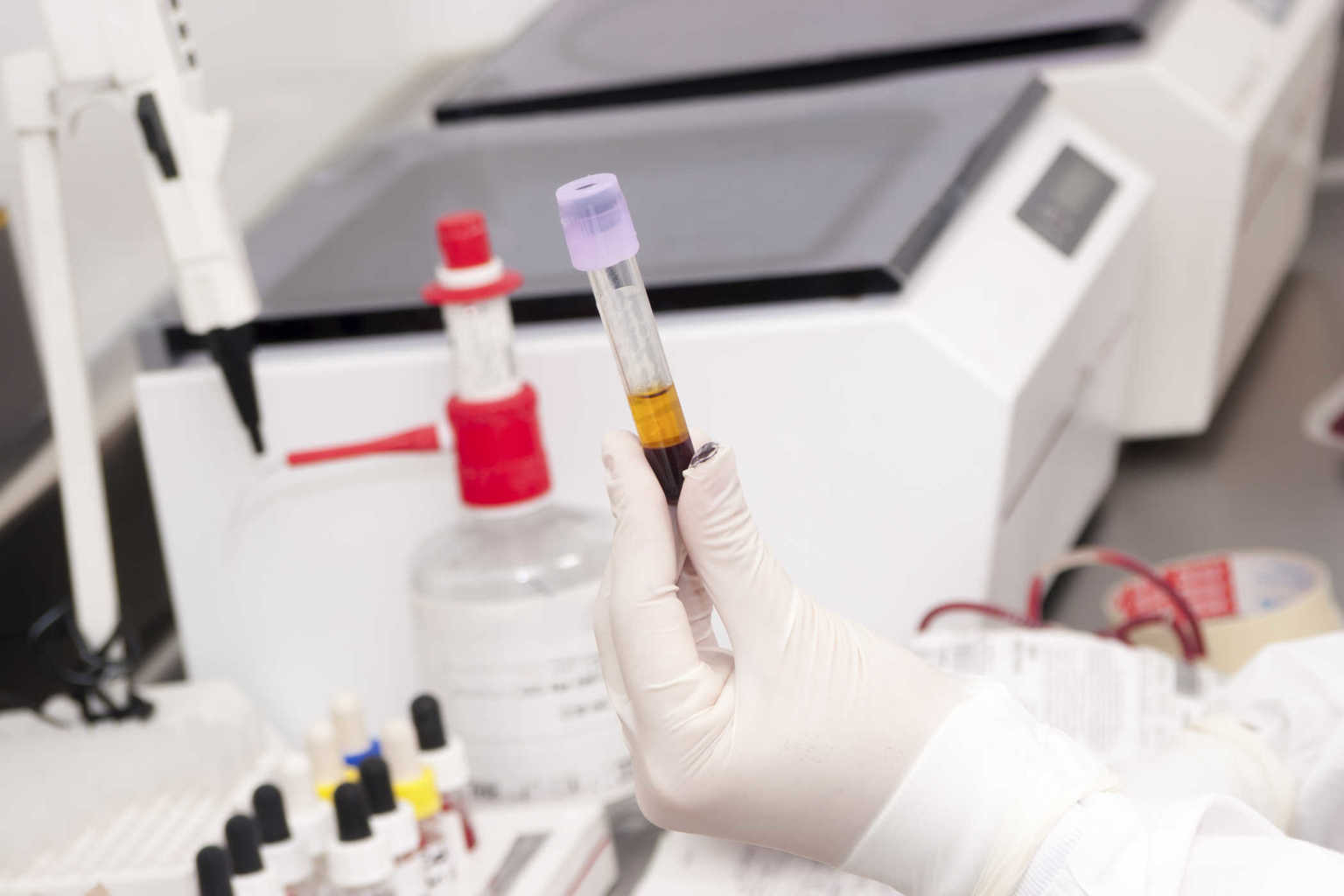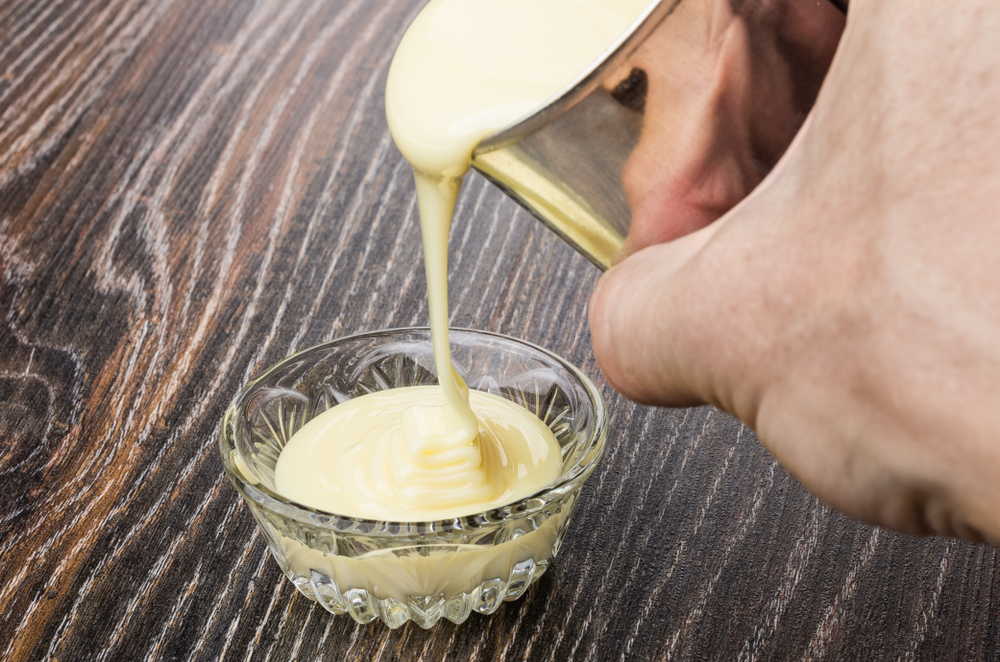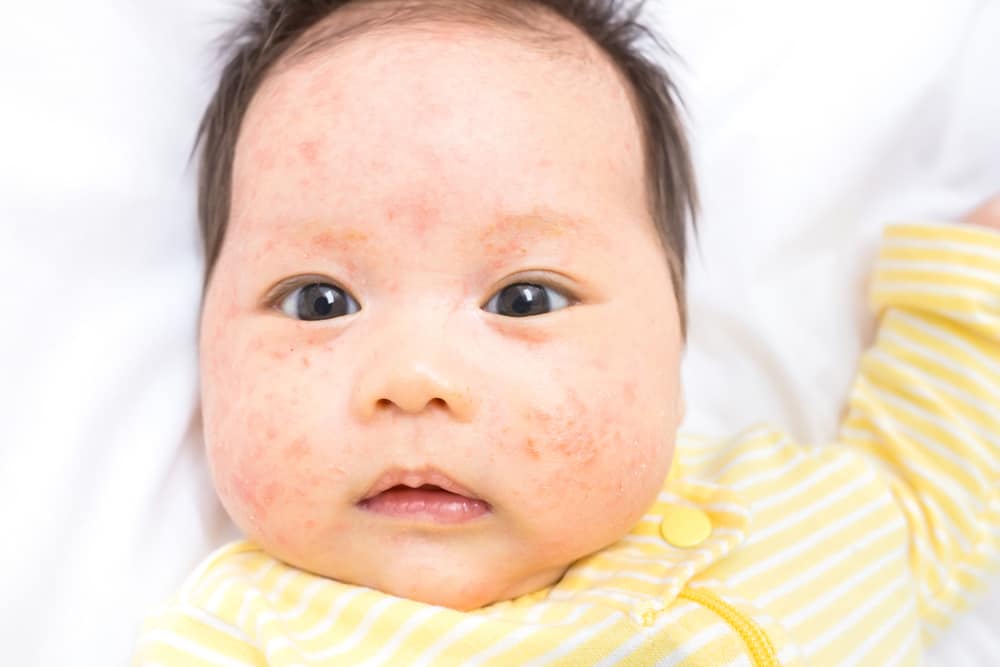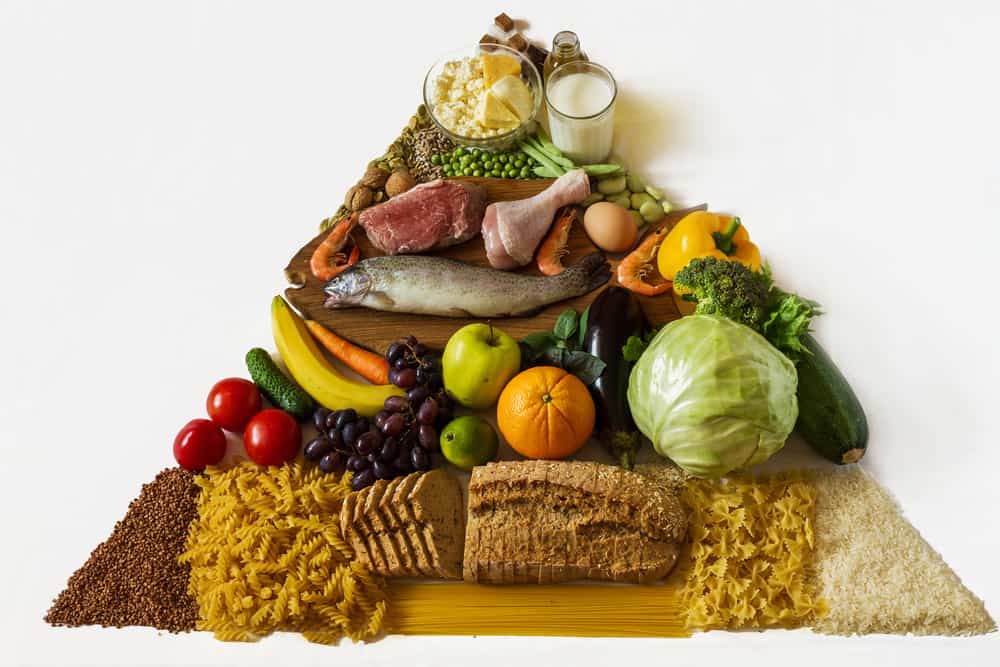Contents:
- Medical Video: Health benefits of eating organic?
- Why are people more interested in buying organic food?
- Is it true that organic food is healthier?
- Organic food is more expensive
- Do we have to buy organic food?
- Tips to reduce pesticide residues in food ingredients
Medical Video: Health benefits of eating organic?
Organic food is considered a better source of food for consumption, because it is claimed to be a food that is free of pesticides, clean, and environmentally friendly because it does not use drugs or chemicals at all to help its growth. Therefore, organic food is sold at a price that is quite expensive and usually only available at supermarket. But is it true that organic food is better than non-organic food?
Why are people more interested in buying organic food?
- Safer. Organic labeled vegetables and fruits are usually planted without using chemical pesticides and fertilizers. Organic meat that is bred, given organic food and not injected with any hormones.
- Environmentally friendly. Organic farming is designed to reduce environmental pollution, so as not to make the 'dirty' surrounding environment.
- Healthier. There is little research that states that organic food is healthier than non-organic food.
Is it true that organic food is healthier?
Until now there has been no scientific evidence that organic food is better than non-organic food. Researchers from Stanford University, evaluated 250 studies that compared nutrient levels in organic foods with non-organic foods, such as fruits, vegetables, meat, poultry, and eggs. This research also looks at the health effects on consumers. Then, the researchers found that there was very little difference in nutrients in organic foods and in non-organic foods. There is a slightly more amount of phosphorus in various organic foods and omega-3 fats in milk and organic chicken.
Organic food is designed to have pesticide residue levels that are less than non-organic foods, which is 30% lower. But actually, the use of pesticides in organic and non-organic foods is still at a reasonable level and allowed by the government. Until now also, there has been no research and scientific evidence evaluating the effects of pesticides on food ingredients for health, especially in children and pregnant women.
Organic food is more expensive
If you look at the price tag on organic food, at least the price listed there can be 50% to 100% higher than the price of ordinary food of the same type. The high cost of organic food is caused by the need for more labor to grow or raise organic food, not to use pesticides in organic plants so that crop failure may occur more frequently. To maximize your budget for buying organic food, the Environmental Working Group from Washington DC groups more vulnerable foods and food ingredients that are resistant to pesticides.
The following are various types of food which are susceptible to pesticides and may have higher pesticide residues:
- Apple
- Strawberry
- Pear
- Spinach
- Potato
- Lettuce
- Wine
While the following are food ingredients that have lower pesticide residues:
- Broccoli
- Cabbage or cabbage
- Papaya
- Banana
- Kiwi
- Mango
- Pineapple
- Avocado
- Onion
You can buy food groups that are more resistant to pesticides on the market, while buying food that is susceptible to pesticides in supermarkets and select products that are labeled organic.
Do we have to buy organic food?
For some people, it might not be a problem to pay a higher price because they think organic food is healthy and environmentally friendly. However, the purchasing decision depends on each individual, what they need and how much the budget must be spent on this. If you buy organic food because you think that organic food is healthier than non-organic food, then this is a false assumption. It has been mentioned previously that the nutritional content of organic foods and non-organic foods is not much different, and the residual levels of pesticides in both are relatively safe. There is no more benefit if you eat organic food.
Therefore, depending on your choice, if you do have the budget the right one and want to eat organic food, so go ahead. But if not, non-organic food is equally healthy and fresh. You can buy vegetables or fruits at the farmer directly, so you will get fresh and 'natural' products even if they are not labeled organically.
The most important thing is the selection of these food ingredients, whether it's organic products or non-organic products.
Tips to reduce pesticide residues in food ingredients
The following are tips for reducing pesticide residues in organic and non-organic food ingredients:
- Wash and scrub the food ingredients under running water. This is intended to remove bacteria, dirt, and pesticide residues on the surface of the product.
- Before eating fruit or vegetables that have skin, it is better to peel the outer skin on the product, to remove pesticide residues that may be found on the outer skin.
- Choose various food ingredients for consumption. This will make your food rich in nutrients and can maintain your health status and immune system.
- It's best to buy fruits and vegetables when the season comes. By buying food ingredients during the season, there are many choices of products to choose from. Choose one that looks fresh, does not wither, and is clean.
READ ALSO
- 5 Bad Reputable Foods That Turn Out Good For Health
- 5 Ways to Treat Healthier Potatoes from Fried Potatoes
- 4 Myths That Are Wrong Around Eating Eggs

